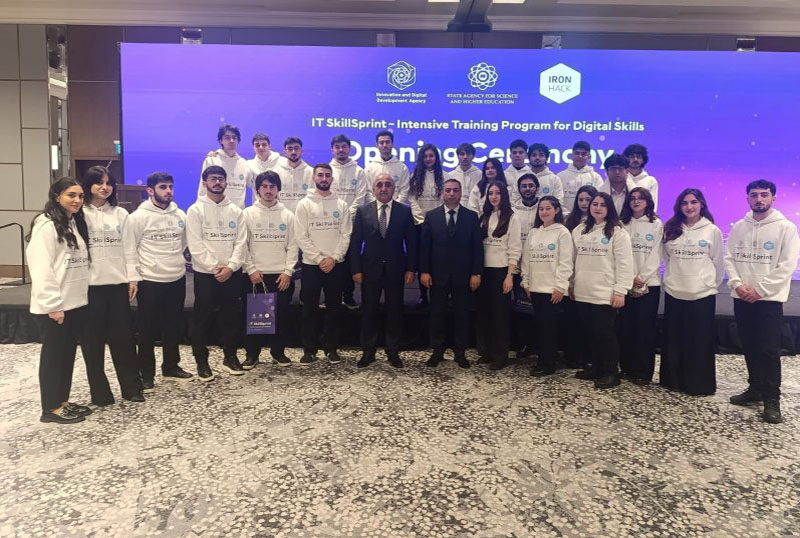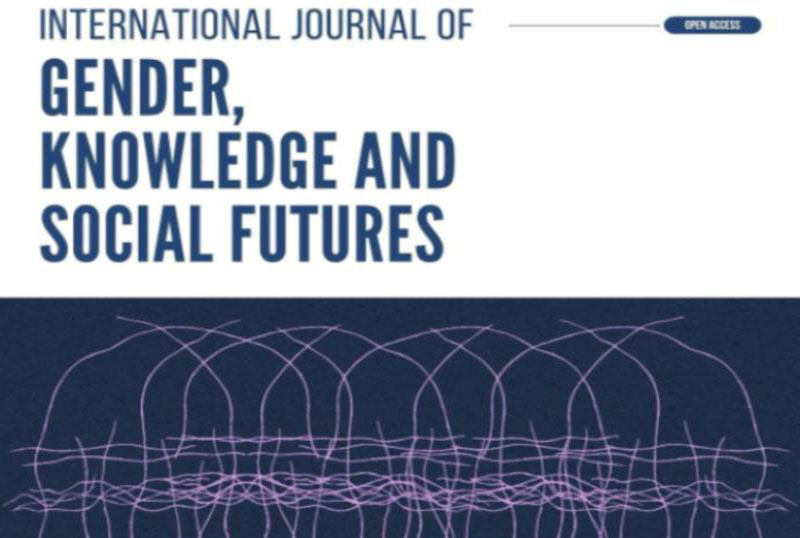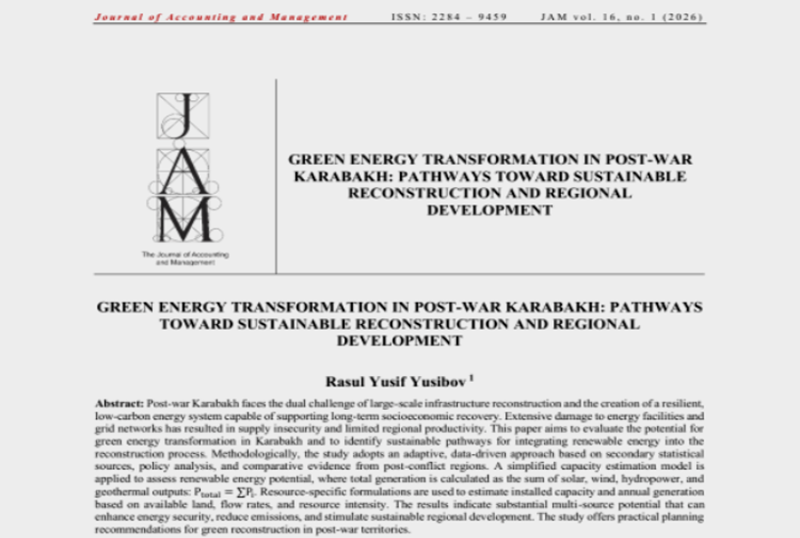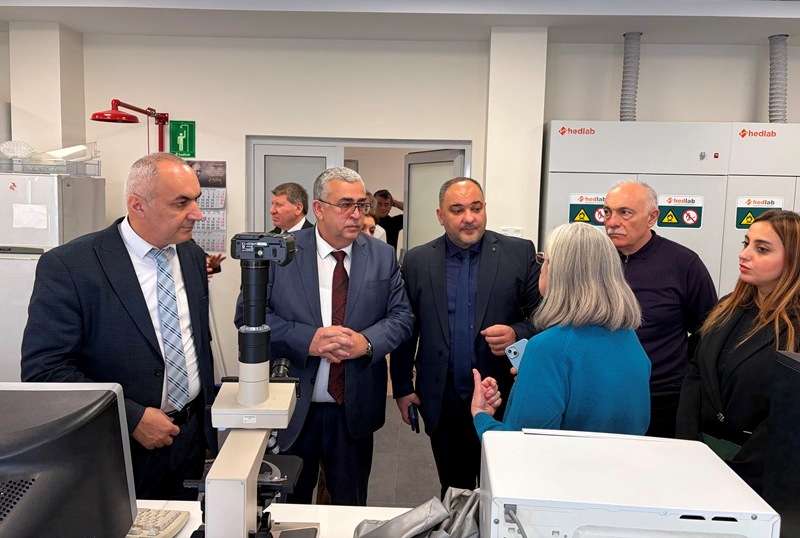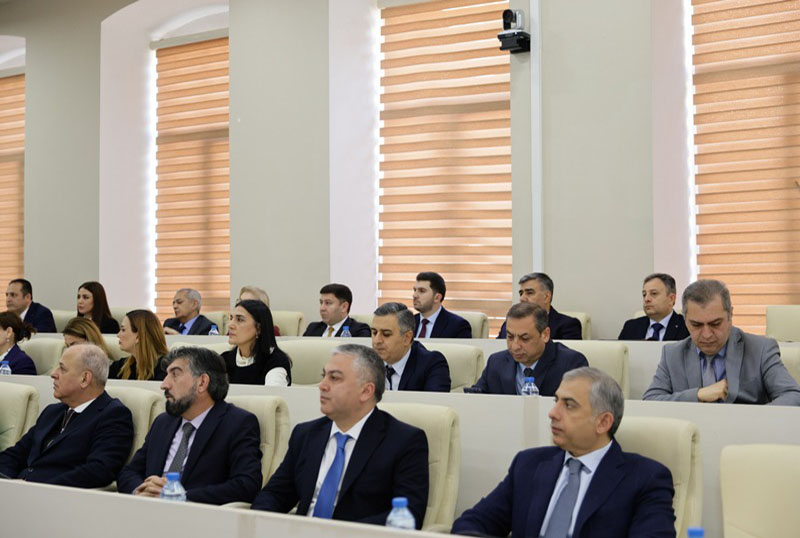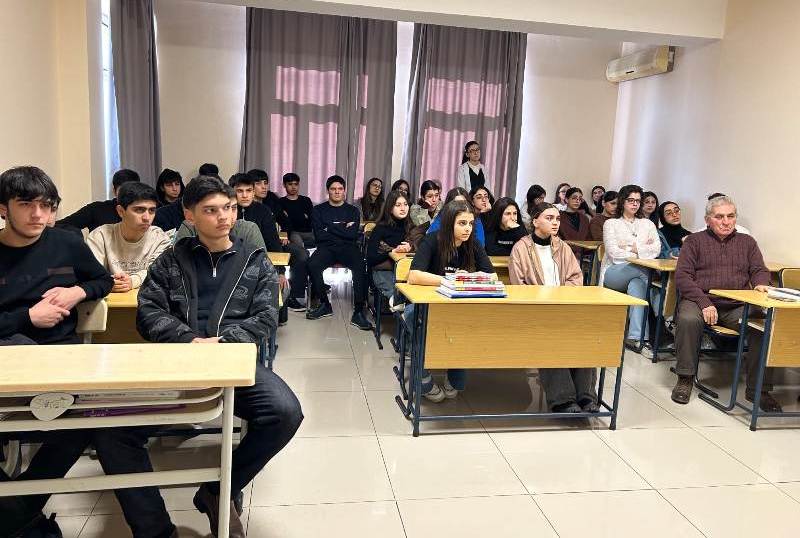Topic: Climate change education for social transformation: Greening teacher education systems’ capacities
In the global fight against climate change, education stands as a powerful tool for driving social transformation. This article delves into the pivotal role of teacher education systems in fostering environmental consciousness and catalyzing sustainable practices. With a focus on greening teacher education capacities, we explore how equipping educators with the knowledge and skills to address climate change can lead to profound societal change. It is increasingly recognized that education is crucial for addressing the climate emergency through building capacities for mitigation, adaptation, resilience, and sustainable development. However, recent UNESCO findings show that around half of the 100 countries reviewed had no climate change mentioned in their national curriculum frameworks. While 95% of surveyed teachers felt teaching climate change is important, less than 30% felt ready to teach about climate change in relation to their local context. 70% of youth surveyed said that they cannot explain climate change or only in broad principles and are frightened about their future. Teacher education systems play a crucial role in shaping the attitudes, behaviors, and knowledge of future generations. By integrating climate change education into teacher training programs, we can empower educators to become catalysts for environmental stewardship within their classrooms and communities. Climate change education is not just about disseminating facts; it's about instilling a deep understanding of the interconnectedness between human actions and environmental impact. Greening teacher education involves equipping educators with the tools and resources to integrate sustainability principles into their teaching practices, curriculum development, and school culture. Effective climate change education requires educators to possess a strong foundation in environmental science, pedagogy, and interdisciplinary teaching methods. By enhancing teacher education systems' capacities in these areas, we can ensure that educators are equipped to deliver engaging, relevant, and impactful climate change education to their students. To green teacher education systems' capacities, we must adopt a multi-faceted approach. This includes revising teacher education curricula to include climate change education, providing professional development opportunities for educators, fostering partnerships with environmental organizations, and integrating sustainability practices into teacher training institutions' operations. Across the globe, innovative initiatives are demonstrating the power of greening teacher education systems. For example, the Climate Change Education Project in Australia equips pre-service teachers with the knowledge and skills to integrate climate change education into their teaching practice. Similarly, the Green Teacher Program in Finland provides professional development opportunities for educators to enhance their environmental literacy and teaching effectiveness. While the benefits of greening teacher education systems are clear, implementation can be challenging. Common obstacles include resistance to change, limited resources, and a lack of awareness or expertise among educators. However, by addressing these challenges through collaboration, innovation, and advocacy, we can overcome barriers and realize the full potential of teacher education in driving climate action.
Climate change adaptation needs to also be embedded in education to prepare learners to adapt and live in the changed climate, thereby minimizing the negative impacts while anticipating changes in the future. Education on climate change adaptation should be a lifelong learning process that equips learners with the needed practical knowledge, skills, values, and attitudes to live in the new climate realities as well as socio-emotional resilience to face possible climate anxiety. It is highly linked with resilience thinking for learners to be able to have “not just the ability to maintain essential function, identity, and structure, but also the capacity for transformation” and to value “diverse forms of knowledge such as scientific, as well as Indigenous knowledge and local knowledge in understanding and evaluating climate adaptation processes and actions.” Climate change education should help every individual to feel a sense of belonging and to participate fully in society and economy as an active global citizen with an understanding of how society and economy works and how to influence opportunities for positive change. In recent years, young people have increasingly become vocal and active, demanding decisive change, forming, and joining social movements, and holding their leaders accountable on climate change. However, they have expressed their lack of knowledge and know-how to effectively contribute to the decision-making processes. It is therefore critical to understand what constitutes ‘learning for change’ needed to enable individuals to take action as climate champions and how it can be embedded in education. ‘Change’ or ‘transformation’, within a learning environment, can occur at two levels: in the learner themselves and in the society they live in as ‘the impact of a learner’s engagement on established institutions and norms’. The interlinked dimensions of learning – cognitive, socio-emotional, and behavioural – combined offer a holistic learning experience that puts learners on a pathway of empowerment and transformative engagement.
As we confront the urgent challenges posed by climate change, the role of education has never been more critical. By prioritizing the greening of teacher education systems' capacities, we can empower educators to inspire and educate future generations of environmental stewards. Together, we can harness the transformative power of education to build a more sustainable and resilient world for all.
Writer: Nazira Adigozalova
University: University of Economics
Faculty: SABAH\ Finance
Group: S22_406\2

